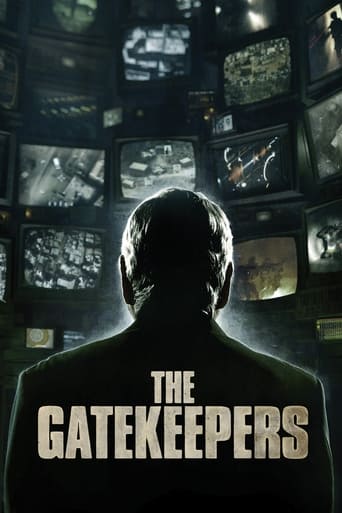


The Gatekeepers
In an unprecedented and candid series of interviews, six former heads of the Shin Bet — Israel's intelligence and security agency — speak about their role in Israel's decades-long counterterrorism campaign, discussing their controversial methods and whether the ends ultimately justify the means. (TIFF)
-
- Cast:
- Ami Ayalon


Similar titles
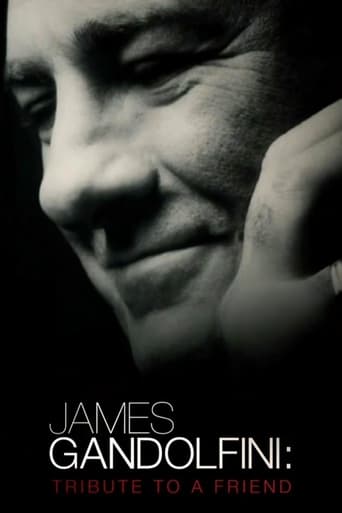
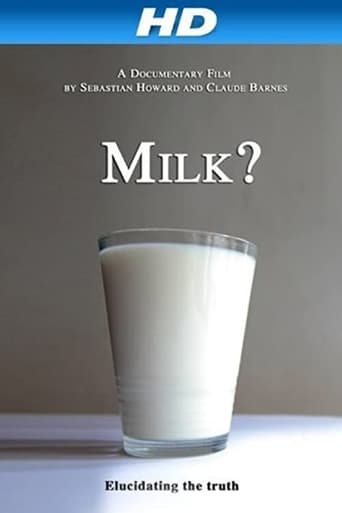
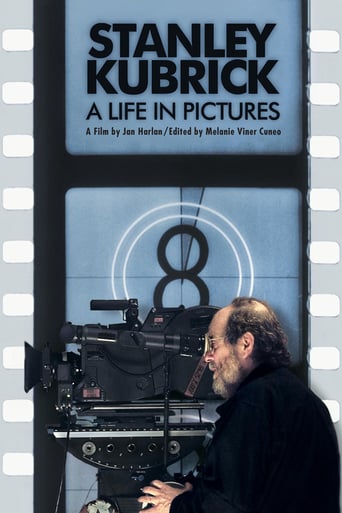

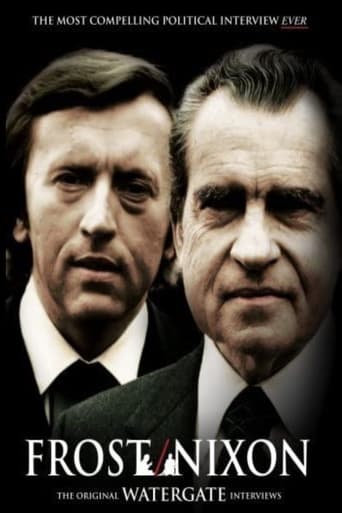
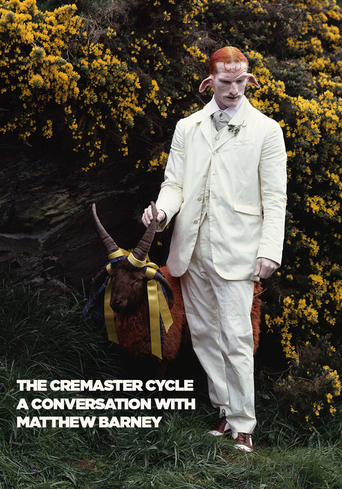
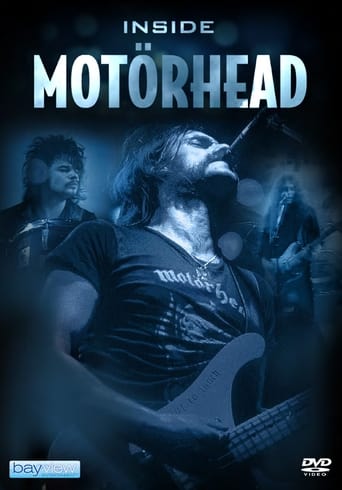
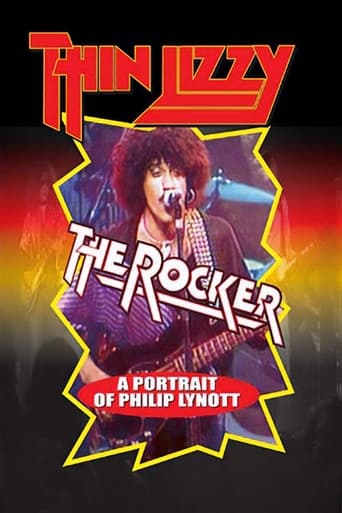
Reviews
That was an excellent one.
Powerful
Wow! What a bizarre film! Unfortunately the few funny moments there were were quite overshadowed by it's completely weird and random vibe throughout.
The movie turns out to be a little better than the average. Starting from a romantic formula often seen in the cinema, it ends in the most predictable (and somewhat bland) way.
This documentary consists of a series of interviews with former heads of Shin Bet, the Israeli Secret Service. They outline their work in protecting the country's interests, especially since the Six Day War of 1967, while reflecting on the morality of their actions. The film illustrates some of their maneuvers with the help of archive footage and reconstructions. What makes THE GATEKEEPERS so intriguing is its contradictory viewpoints; on the one hand many of those interviewed believe that it is their duty to protect Israeli interests at all costs, even if it means incurring collateral damage. If they targeted a particular Palestinian suspect, they accepted as a matter of course that innocent people would get killed, however much they tried to pinpoint their campaign. While accepting to an extent the Palestinian claims to their own separate state, the interviewees nonetheless have a jaundiced view of the methods their rivals employ: why should Palestinians believe they have achieved their revenge simply by making the Israelis suffer? Yet perhaps what is most interesting is the way in which the interviewees criticize their own government for perpetually pursuing militarist policies, and refusing to meet the Palestinians round the negotiating-table in a sustained way. The Oslo accords of the mid- Nineties represented a step in the right direction, but they collapsed within seven years. Since then, most Israeli Prime Ministers have been preoccupied with pursuing aggressive policies against the Palestinians. The interviewees understand that they, the Israelis, are the colonists, adopting modes of behavior which they themselves experienced in the past at the hands of the British. Perhaps greater care needs to be taken in the future about pursuing a more liberal policy; but the interviewees seem fairly pessimistic about this actually happening. THE GATEKEEPERS might not be a particularly dramatic film, but it is an invaluable text that helps to unravel the complexities underlying the Israel-Palestine conflict.
Those with a deep and abiding interest in the problems of the Middle East will find much food for thought in "The Gatekeepers," an Oscar- nominated documentary about the Israeli intelligence agency known as Shin Bet. And those who are but casual observers of that part of the world may learn a thing or two as well.The selling point of the movie is that for the first time ever it managed to get a number of the past leaders of Shin Bet to comment on their experiences with the organization. Directed by Dror Moreh, the movie begins with the Six Day War in 1967, goes through the various periods of turmoil and attempts at peacemaking that have gone on there through the decades since (including the assassination of Rabin), and ends in the present day when technological advancements have made surgical drone strikes the preferred weapon of choice in the seemingly never-ending battle against terror. As such, the movie provides a fascinating and surprisingly cohesive history of life in that geopolitical hotspot over the past half-century, all without any voice-over narration, using only the extemporaneous words and comments of the men who played such a major part in that history. In moments of intense self-reflection, the men offer surprisingly candid comments regarding what they've had to do in their role as protectors of the nation. They re not afraid to delve into the grayer areas of the issues, for instance expressing regret over the "collateral damage" of innocents often caught in the crossfire of war, admitting to the mistreatment of prisoners, and agonizing over the dehumanization that results from sectarian prejudice and fighting. A number of them ponder the distinct differences in motive and approach between the politicians setting the policies and the people assigned to carry them out. Above all, to a one, the men reserve their harshest criticism for themselves, Shin Bet and their own country, often expressing sympathy for the Palestinians for what they've had to endure under Israeli occupation and questioning much of what Shin Bet and they themselves have done over the years, the mistakes they've made. Most agree that the most important thing Israel can do is to keep talking to its enemies. As such, I can't imagine this film went over too well with the hardliners in that country. As one of the men says, the farther one gets from one's time as leader of Shin Bet, the more "leftist" one becomes.I don't know if that's true, but it makes for a fascinating theory. And there are many more unexpectedly eye-opening and paradigm-shifting moments to be found in "The Gatekeepers."
It's very interesting to hear a portrayal of trends and events in the Israeli territories over the past almost-half century from intelligence professionals (individuals who don't stand for election and are typically somewhat wary of professional politicians). None of these six surviving former heads of Shin Bet during that period has ever participated in extensive filmed interviews before. (They are just now beginning to take on a higher political profile though, and are likely searching out good platforms. So perhaps this film isn't quite as miraculous as it's usually portrayed.) There is no "voice of God" voice-over narration. And on screen texts (more in the form of subtitles than intertitles) are very brief and sparse. What we get is the interviews themselves; the director's voice is circumscribed to the editing.The interviews of course focus on notable successes, major failures and scandals, and significant shifts in tradecraft. What must have been extensive raw footage from multiple interviews has of course been highly edited, so we see the more tightly organized result. What we see is organized thematically, even to the point of parts of different interviews that comment on the same theme being presented together. The filmmaker has been scrupulous about accurately presenting what the interviewees actually said. They all showed up for the opening of the film, which suggests they didn't feel "tricked". At the same time, it's clear the filmmaker made it very easy for them to say unexpected and controversial (maybe even "peacenik") things.Less than half the screen time is talking heads. Often the interview audio continues over photos and videos of the events from various perspectives. Particularly the group shots and the snaps of famous individuals look like someone spent lots of effort researching in newspaper and TVnews photo and video morgues. There are also lots of what appear to be surveillance videos, banks of computer monitors, and groups of microfiche readers displaying intriguing content. Soon enough the viewer realizes these are all mockups created by special effects wizardry. While some "documentary" films make a point of showing only the reality in front of their camera, and others have told their story partly with a few short snippets of effects (usually animations, often animations of maps), I'm not aware of any other documentary that uses special effects anywhere near this extensively. The length of the credits list too makes it clear this is an atypical documentary.Reading between the lines, the principal criticism of the various Israeli governments these former Shin Bet heads make is that electoral considerations have frequently prevented governments from taking an action that might have resolved an issue. I noticed two other rather startling analyses in the film: One was that while most Israeli governments have made negative statements about Israeli settlements on Palestinian lands, no Israeli government of any stripe has ever taken any significant action to stop a settlement. The other is that in terms of what they actually did or didn't do (not just what they said) to the Palestinians, Menachem Begin and Golda Mier were pretty much the same.Their evaluation of their actions is almost entirely in terms of "what worked" (in the short term), and is often notably different from the common wisdom. The film overall hews very closely to this view too; it doesn't try at all to draw any sort of "bigger picture". My own view (hardly related to the film at all:-), is this "professional tunnel vision" --trying so hard to do a good job of whatever's at hand one is oblivious to any "big picture"-- is yet another example of a serious common problem in today's world. From the film, the lack of any "big picture" strategy as the Israelis have dealt with the Palestinians over the years is pretty obvious.
You would normally bet that the chances of six former directors of the Israel Internal Security Service known as Shabak or, in English, Shin Bet becoming left-leaning proponents of a peaceful solution with the Palestinians would be about as likely as Dick Cheney becoming a political consultant for MSNBC. Yet, as depicted in Dror Moreh's powerful and disturbing documentary The Gatekeepers, this is exactly what happened. The film, one of five Oscar-nominated films for Best Documentary, consists of interviews by the director with Shin Bet spokesmen: Avraham Shalom, Yaakov Peri, Carmi Gillon, Ami Ayalon, Avi Dichter, and Yuval Diskin, interspersed with newsreel footage and CGI graphical recreation of the seemingly endless conflict since 1967.Moreh asks tough questions and does not let his subjects off the hook, but there is no need to. The men are forthcoming in their candid assessment of the role they played in the Shin Bet operations which included the recruitment and use of informers, the targeting and drone attacks on suspected terrorists (sound familiar?), use of brutal torture techniques, and controlling the threat of Jewish extremists, a threat that became reality when a right-wing opponent of the Oslo peace agreements shot and killed the architect of those agreements, Nobel Peace prize winner Prime Minister Yitzak Rabin.Two horrific events are dramatized: the assassination of Palestinian terrorist Yahya Ayyash by planting an explosive device in his cell phone, and the skull bashing of two Palestinian terrorists involved in a bus hijacking after they had been subdued and captured, an action that led to the resignations by the Prime Minister and the then head of the Shin Bet. To their credit, however, the security agency called off dropping a bomb on a house filled with Hamas leaders because of the possibility of widespread collateral damage. The men were hardliners to begin with, but each, who has had to deal with the problem first-hand, has come to see the futility of an occupation that seems to lead only to an endless cycle of brutality on both sides.They insist that continuing to talk with the Palestinians is the only option left and that anything else is a dead end street. Though they favor a two-state solution, they recognize that the opposition to dismantling the settlements might cause a civil war. If you are wondering how the six could have reached the same conclusions, Ami Ayalon tells us that "The six of us reached our opinions from different personal backgrounds and different political outlooks, but we've all reached the same conclusion. Many Israelis and American Jews want to deny it, but this is our professional opinion. We're at the edge of an abyss, and if Israeli-Palestinian peace doesn't progress, it's the end of Zionism." Though these men are patriots who believed they were doing the right thing for their country and still believe that a great number of Jewish lives were saved by their actions, they also acknowledge their struggle with the moral dimensions of the job, the thin line between taking a life and saving a life. Shalom's comments are telling, "We have become cruel to ourselves but mainly to the occupation," he says. "We paid a horrible price for our military successes. We are isolated completely from our neighbors, we cannot go anywhere. We are a thorn in the side of the region." According to Ayalon, "The tragedy of Israel's public security debate is that we don't realize that we face a frustrating situation, in which "we win every battle, but we lose the war." The Gatekeepers shows a side of the Israel-Palestinian conflict that we have not seen before and, considering the ultra-secret nature of the counter-terrorist organization, it is remarkable that Moreh was even able to conduct the interviews. Yet the impact of the film has yet to make much of a difference. In his speech prepared for delivery at the Oscars in event the film won the award for Best Documentary, Moreh said, "We pray that it (the film) will echo in the corridors of power in Washington, Berlin, Paris, London, and especially in Jerusalem and Ramallah." To this date, the only echo heard is the sound of doors being closed.
